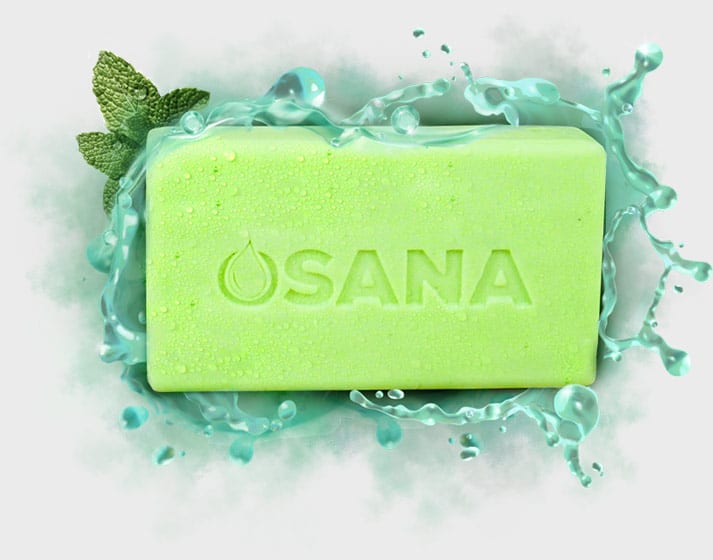 More and more people are becoming aware of the increasing variety of mosquito-borne diseases. From malaria to yellow fever, dengue to the newest outbreak, chikungunya, the aedes aegypti, the most social of the world’s mosquitoes, plays a prominent role in them all.
More and more people are becoming aware of the increasing variety of mosquito-borne diseases. From malaria to yellow fever, dengue to the newest outbreak, chikungunya, the aedes aegypti, the most social of the world’s mosquitoes, plays a prominent role in them all.
In a recent article published in the Miami Herald, Roger Nasci of the federal Centers for Disease Control and Prevention said that while the aedes aegypti is not the only type of mosquito that carries these diseases, it is “uniquely suited to spreading disease, because it likes living around people.”
An increase in awareness about a certain set of issues should always be accompanied by an increase in the awareness of ways to help prevent and deal with those issues. Some methods, such as discarding any standing water, are proven ways to decrease the pervasiveness of mosquitoes in your life. Other methods, however, are less substantiated in their proof.
Common Myths Surrounding Mosquito Attraction
Banana consumption: Despite somewhat popular belief, the consumption of bananas had not as of yet proven scientifically to attract mosquitoes. Susan Paskewitz, an entomologist at the University of Wisconsin at Madison, conducted a study in her lab and concluded that there is no link between the consumption of bananas and the level of attraction that the average mosquito feels for the eater.
Dryer sheets: Perhaps because the scientific verdict has not yet been weighed (for there have not yet been any studies conducted on the matter), great debates rage on surrounding the efficacy of dryer sheets as an insect repellant. Some claim – from experience – that rubbing yourself down with the sheets a couple of times a day can reduce mosquito attraction, others simply stuff a couple of sheets in their trouser pockets. These actions elicit skepticism, and, indeed, even laughter from others, but the general consensus seems to be that even if the static-eliminators play a role in mosquito repelling, they are not often trusted to be the solitary solution to a major problem.
Listerine and Dish soap: Listerine, like dish soap, has many benefits. However, none of the identified benefits at this point include mosquito or insect repelling. The theory goes that Listerine, like other mouthwashes, contains eucalyptol, a known and accepted mosquito repellent. However, unlike marketed mosquito repellents with highly concentrated amounts of eucalyptus, mouthwashes typically contain less than 1% of the eucalyptus-based ingredient.
On the other hand, there have been proven all natural ways to keep mosquitoes away!
References:



